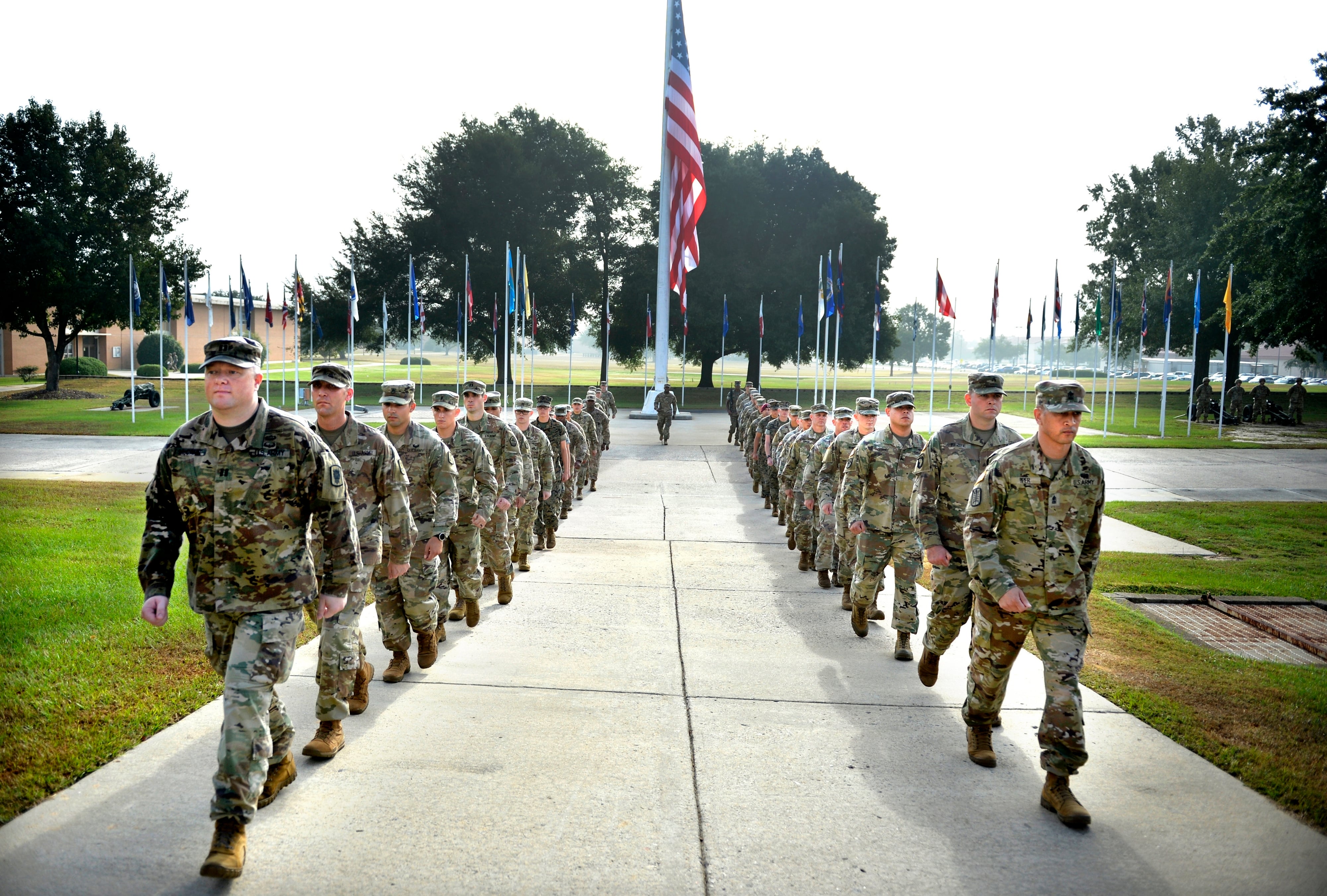The process of defining the Army ethic has been going on in earnest since 2013, but as Army officials rewrite and refocus drafts of doctrine set for release later this year, they've taken steps to make sure that debate doesn't result in a pile of cliches, an academic treatise or, even worse, a PowerPoint presentation.
One of those steps wrapped up Thursday at Joint Base Lewis-McChord, Washington, when 100 junior members of the active-duty, Reserve, National Guard and civilian sectors spent two days dissecting and discussing a draft of the ethic, which will part of an updated Army Doctrine Reference Publication 1, "The Army Profession." Their goal: Bring the perspective of young leaders to the process to make sure the ethic applies to, and can be incorporated by, the entire Army family.
"We looked at it through the eyes of our junior enlisted," 1st Lt. Luisa Montero, with 56th Multifunctional Medical Battalion, said on the second day of the event. "We're seeing what's going on in real life, real time ... and what the challenges are. Depending on your level of leadership, you may not be up to date on what's going on at the lowest level."

Col. John Vermeesch, deputy director for the Center for the Army Profession and Ethic, called the junior-leader input "probably the most important feedback we'll get along the way."
"If a staff sergeant and a lieutenant can't take this document and say, 'Hey, this can actually help me in the conduct of my duties,'" he said, "it's not worth the paper it's written on."
Conferences on the ethic at West Point last summer (featuring senior officers and enlisted, including Army Chief of Staff Gen. Ray Odierno) and in Washington, D.C., in November (featuring senior civilian leadership, including Army Secretary John McHugh) debated word choice and inclusivity of the doctrine — defining the meaning of concepts such as "loyalty," for instance, or making sure the document didn't take on a battle-hardened tone that would leave civilians unable or unwilling to buy in.
Some of that debate continued at JBLM, but participants also discussed how to spread the message, whatever the wording, in a meaningful way throughout the service.

Lt. Gen. Stephen Lanza, commander of I Corps, welcomes officers, enlisted members and Army civilians to the Junior Leader Army Profession Symposium on Wednesday at Joint Base Lewis-McChord, Washington, one of several discussions aimed at defining the Army ethic.
Photo Credit: Staff Sgt. Adam Keith/Army
The ethic "helps us identify as who we are as part of the Army," Montero said. "It helps shape the character development and professionalism among our ranks. You cannot teach it — you have to live through it, any you have to demonstrate it."
Such actions will help younger soldiers develop "personal pride in their profession," said Warrant Officer 1 Bridget Crosby, with the Washington Army National Guard's 96th Troop Command. Her breakout group also discussed the need for "policing" the ethic: Giving soldiers the tools to assess how they stack up to the requirements, and a process for dealing with others in their unit who may fall short.
Some groups advocated shortening the document to allow for better digestion. Some suggested making it less of a definition and more of an oath: A pledge Army members can take so they'll identify with its guidelines on a more personal level.
Working down the ranks
Once defined, the principles of the ethic "will become part of military education and civilian education," Vermeesch said.
However, he was clear about how that teaching should work — or at least how it shouldn't: "If it becomes PowerPoint, we lose."
He envisioned leaders weaving tenets of the ethic into everyday conversations. A bad day on the range, for instance, could involve a quick chat about competence and striving for excellence as part of the larger mission, instead of, "Hey, dirtbag, you only shot 23 out of 40," Vermeesch said.
The ethic could be the cornerstone of a character-certification program, he said, or could even be used to redesign your eval.
"Instead of just a front-side block-check of the seven Army values, does there become an
assessment of the adherence to the ethic as part of an evaluation process? ... All of that is within the realm of possibility," he said.
A final draft of the ethic could be ready for publication by the Army's June 14 birthday,
Vermeesch said, with an official "unveiling" at a symposium led by Odierno and McHugh this summer, possibly at West Point.
Kevin Lilley is the features editor of Military Times.





